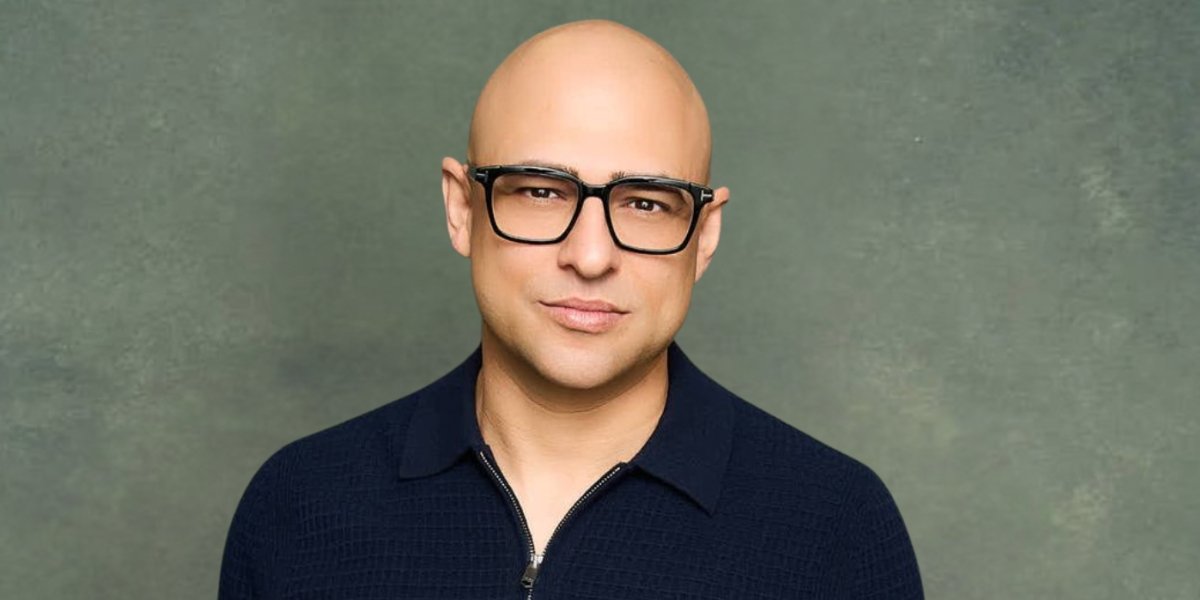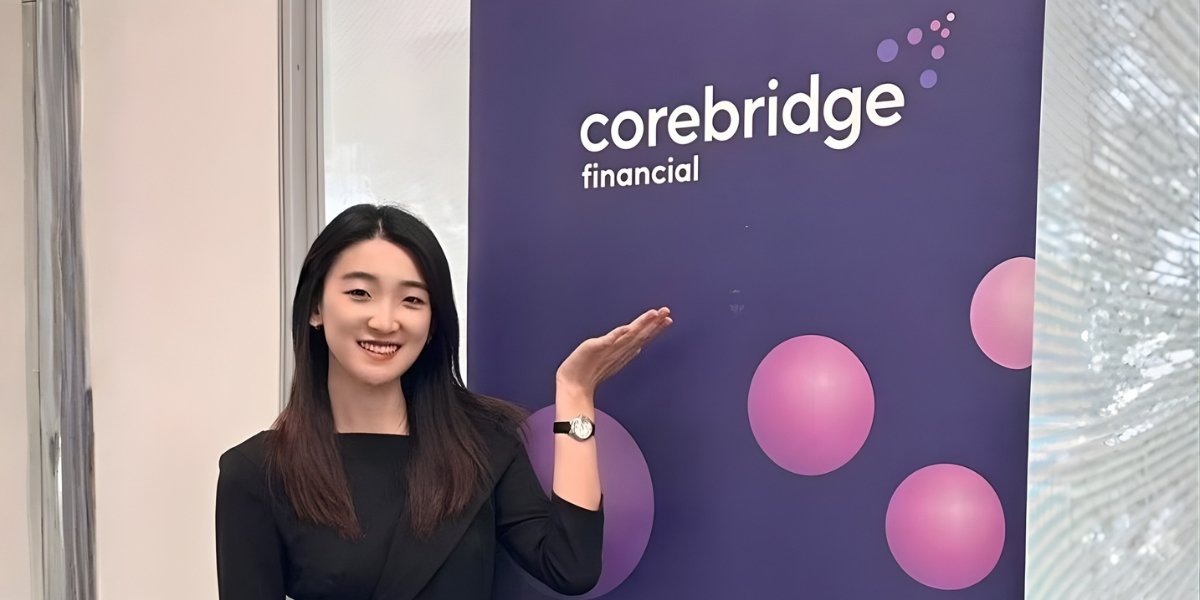By: CC Agency
Retiring from sports often marks the beginning of a challenging new chapter for athletes. Having dedicated years to rigorous training and competition, many find the transition to everyday life fraught with difficulty. The shift away from a structured and goal-oriented environment can leave former athletes grappling with identity loss, emotional instability, and a sense of purposelessness. Without the daily routines and clear objectives that once defined their lives, they may face depression, anxiety, and difficulty adapting to new careers or personal roles. Mental health support becomes crucial during this time, helping them navigate the emotional and psychological battles that accompany this significant life change. Programs like WellEquined offer essential resources and coping strategies, empowering former athletes to rediscover themselves and build fulfilling post-sport lives.
During the third weekend of June, WellEquined celebrated the success of its inaugural mental wellness retreat in the serene Santa Monica Mountains of California. The event marked a significant milestone in the program’s mission to offer welcoming and approachable support, allowing former athletes to explore and enhance their mental well-being.
Recognizing the challenges athletes often face in adapting to life after their sports careers, Dr. Dawn Whitaker, founder of Athlete Elevation Network LLC, is dedicated to assisting athletes in making this difficult transition. With over a decade of research focused on improving the quality of athletes’ post-sport lives, she is a respected authority in the field. Her mission became personal after witnessing a close friend and former NFL player battle post-career depression, resulting in both emotional and physical decline. This experience inspired the creation of WellEquined, driven by Dr. Whitaker’s commitment to providing athletes with healthier coping mechanisms for mental and emotional support.
The June WellEquined experience was an intimate and transformative wellness retreat centered on equine-assisted therapy, designed to address the complex mental health challenges athletes often face after retirement. A select group of former professional and collegiate athletes from diverse sports, including basketball, swimming, and track and field, gathered for the retreat. The event focused on providing each participant with a personalized and meaningful experience as they embarked upon a journey of self-reflection, empowerment, and healing. “The well-being of our athlete participants was paramount,” said Dr. Dawn Whitaker, founder of WellEquined. “We understand the barriers to asking for support, particularly among the athlete population, so we created a safe space for them to feel comfortable exploring their emotions and begin their healing journey.”
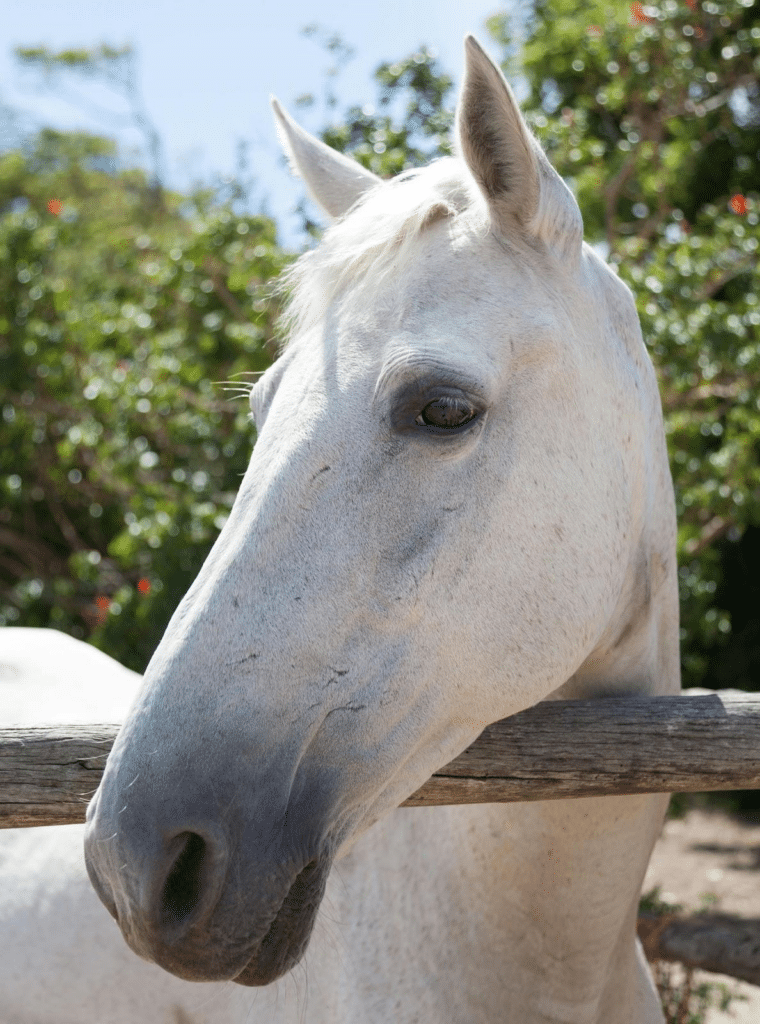
Participants took part in a combination of equine-assisted therapy, Harmonyum Healing sessions and mindfulness practices. The Harmonyum Healing System, researched and developed by Dr. Joseph Michael Levry, recalibrates the entire neurological system thus activating the body’s self-healing capacity. This healing technique helped participants achieve a deep sense of calm and mental clarity, facilitating restorative healing at a cellular level. Additionally, mindfulness activities were incorporated to enhance the athletes’ self-awareness and support the processing of emotions that arose during therapy sessions. This holistic approach fostered emotional breakthroughs and promoted mental wellness, helping former athletes reconnect with themselves, find new strategies for managing their emotions, and gain clarity in their decision-making during periods of change and uncertainty in their lives.
Dr. Vallerie Coleman, the lead psychologist and equine facility director, guided attendees through interactions with the horses aimed at identifying barriers to reaching their personal ‘finish lines.’ These exercises relied on feedback from the horses to help the athletes gain deeper self-awareness. Dr. Coleman later encouraged participants to “take these lessons that the equines have shared with you into your life once you leave these gates,” underscoring the potential for long-term benefits beyond the retreat setting. This guidance emphasized how the skills and insights gained would be beneficial long after the retreat had concluded.
Jessica, the program’s Harmonyum practitioner, emphasized the importance of processing emotions that may arise during equine sessions. “You must allow your body time to process the emotions without thinking,” she explained. “This is exactly what Harmonyum has been designed to do. It will elevate your healing and take your recovery to the next level.” She further elaborated on the science behind Harmonyum, stating, “The frequency tracks played during the session, referred to as NAAM (Neuro Activated Advanced Meditation), have been specifically developed to help rewire the neural pathways of the brain and encourage the body to drop into a deep state of relaxation. A 45-minute treatment has a similar effect on the nervous system to around 40 hours of deep, guided meditation.” Harmonyum sessions provided a meditative environment to internalize and integrate the emotional insights gained during equine therapy, restoring emotional balance.
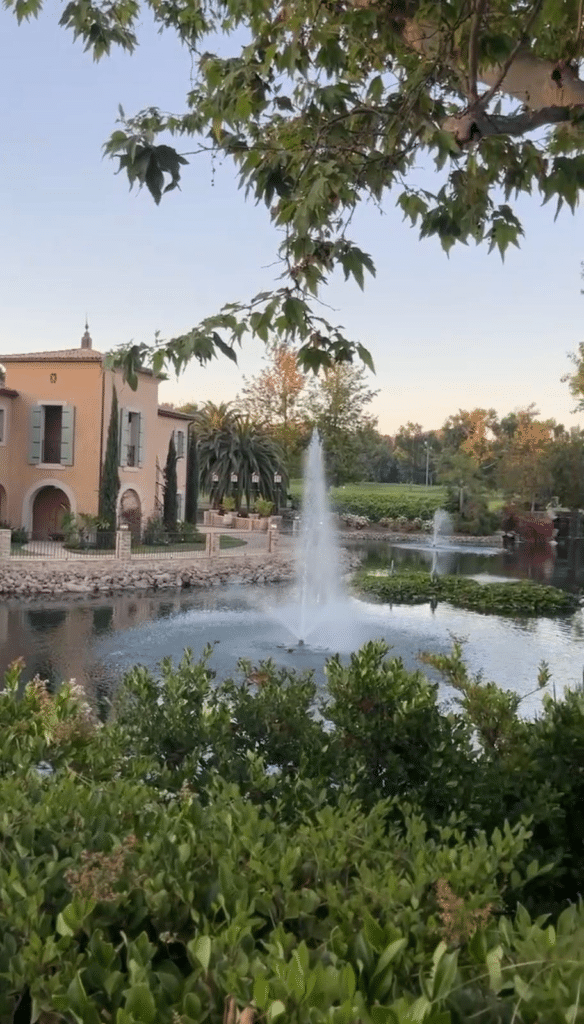
Throughout the retreat, attendees bonded over shared experiences, from team dynamics and playing styles to missing the game and struggling with transitioning to new careers. The reflective nature of equine therapy sessions provided participants with valuable insights into their underlying traits and behaviors, helping them recognize and overcome barriers to their progress. As a result, they emerged from the sessions feeling more self-aware, relaxed, and better prepared to face their personal challenges with renewed clarity and confidence.
“We saw breakthroughs, epiphanies, and expressions of total peace,” shared Dr. Whitaker. “This was everything we had hoped for, and I couldn’t be happier with the responses we received. It touched my heart to see these former athletes feel comfortable enough to make real connections, share their emotions, and realize they aren’t alone. Our goal is to create a space where athletes’ mental health is prioritized and the stigma surrounding it can be dismantled. I’m hopeful we can positively impact the lives of many more athletes.”
Common themes of structure and guidance resonated strongly with the athletes in attendance, emphasizing the importance of leadership. One participant expressed the need for role models, saying, “I need structure and to watch someone do it first so I can go in and do everything they just did.” Another added, “I need a coach, I need a team. I need to be shown the play, so having the chance to watch others go in front of me allowed me to see and process it all.”
The challenge of letting go of control was another prominent shared belief that emerged. One participant expressed, “At one point, the horse I connected with wouldn’t let me move forward. I realized I needed to relax and take my time, not always go full throttle. After I took a moment to connect with her, she started walking again. It was intense.” Another attendee shared a similar experience, stating, “The biggest equine presented a challenge and he didn’t want to let me in. He helped me realize that when I stop trying to control and force things, they will naturally happen the way I want them to.”
Post-retreat reflections highlighted the event’s positive impact. Morgan, a former women’s college basketball athlete, shared how the experience influenced her journey towards emotional and mental well-being by encouraging her to “be more open-minded to talk about my thoughts and feelings. For me, it’s a lot easier to do activities like this instead of an office-based session.” Another participant reflected, “I feel amazing! Exhausted, but really clear, very relaxed, and at peace.”
Looking Ahead
WellEquined is more than just a program; it offers a transformative and deeply impactful experience, crafted with heartfelt dedication to enhancing athlete mental health and well-being. In a world where athletes frequently struggle in silence with issues like identity loss, emotional turbulence, and uncertainty surrounding their future as they adjust to their post-sport lives, WellEquined is excited to be at the forefront of mental health solutions, reshaping the way we approach athlete care and wellness.
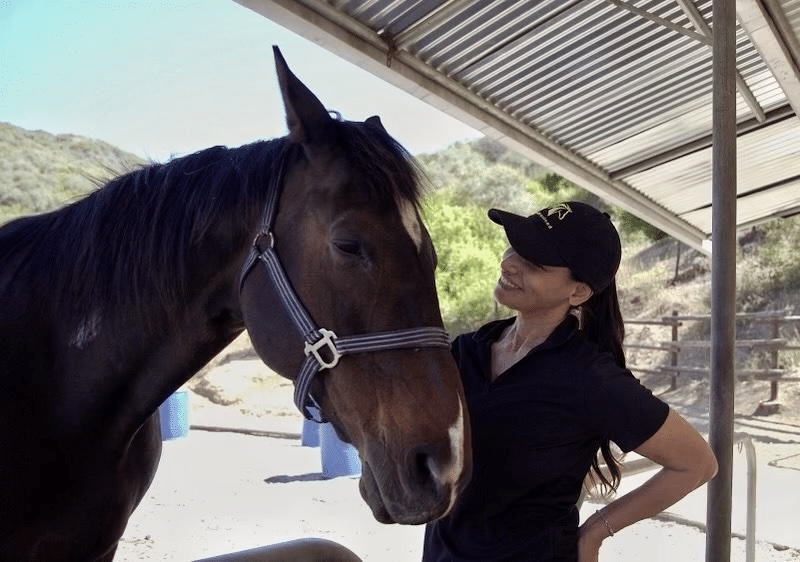
Building on the success of this inaugural event, WellEquined is pleased to announce its next immersive retreat experience, scheduled for late September. Those interested in participating are invited to join the interest list at www.wellequined.com or contact them directly at info@wellequined.com for more information on future events and opportunities.
Published by: Martin De Juan






